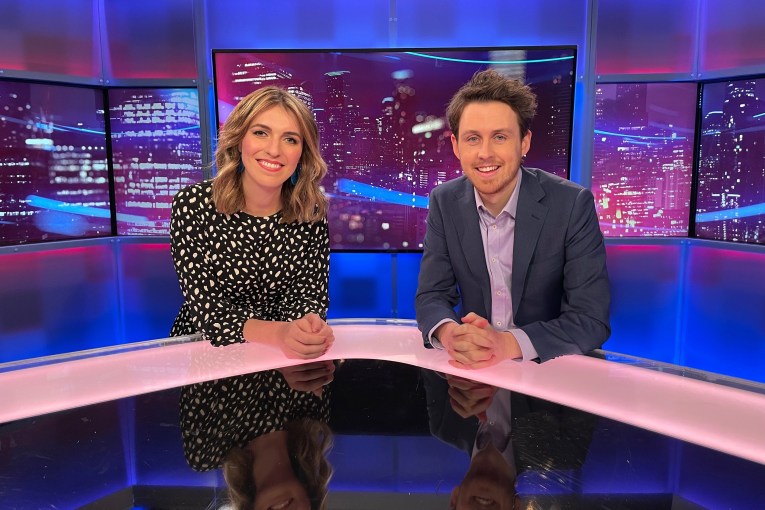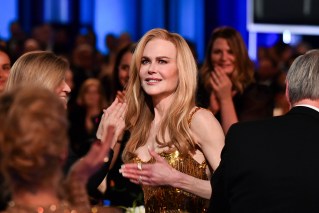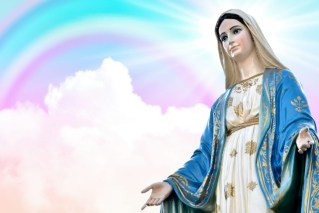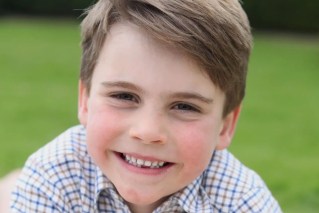TikTok faces up to ‘intensely difficult’ battle against misinformation

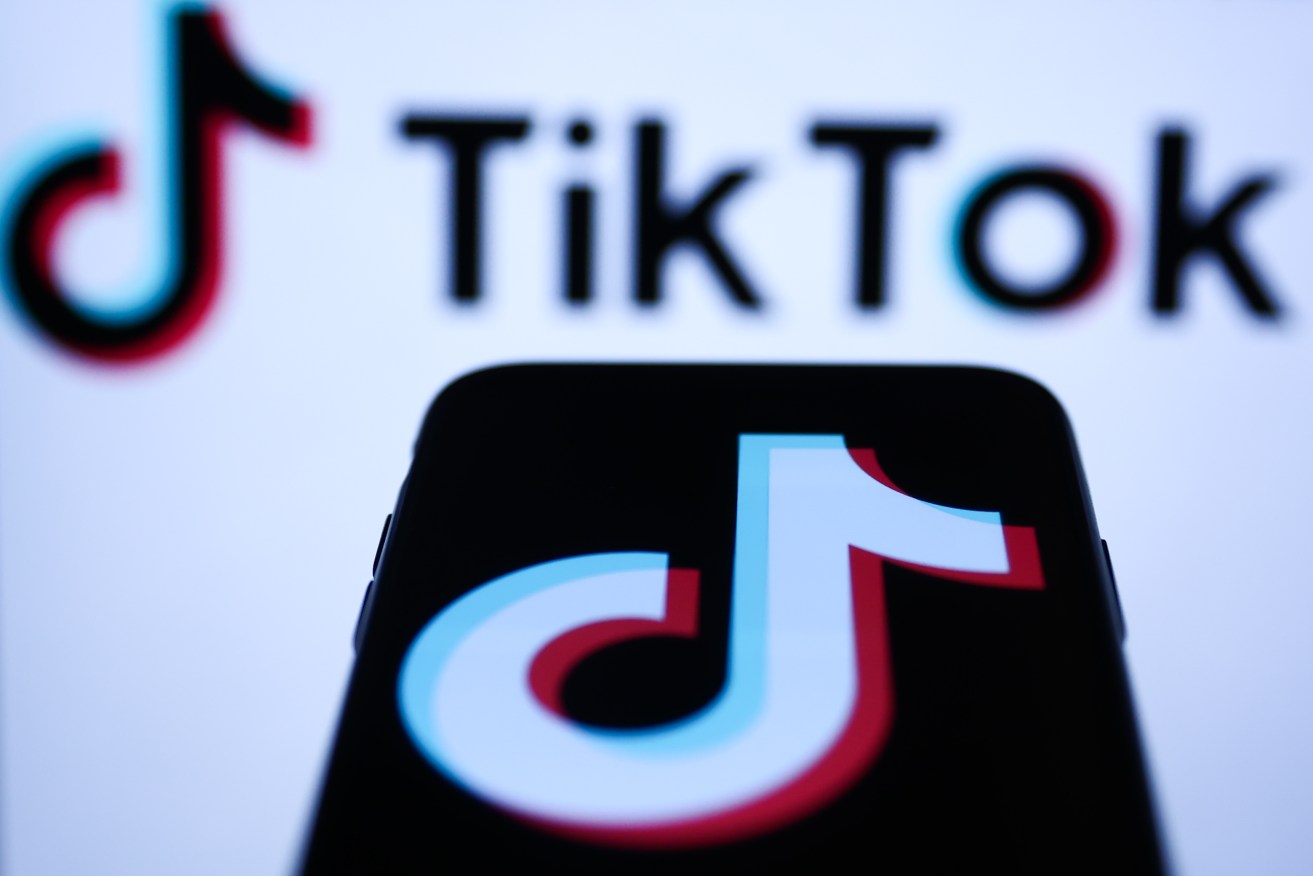
TikTok is being proactive in a bid to prove itself reliable to international authorities.
As social media giants are taken to task over the spread of misinformation on their platforms, TikTok has taken the lead in trying to clean up its act.
Last week, the European Union told TikTok, Meta (which encompasses Facebook, Instagram, WhatsApp and Threads) and X (formerly Twitter) to remove misinformation and disinformation from their platforms as the issue reached boiling point with the Israel-Palestine conflict.
Failure to comply could result in hefty fines of up to 6 per cent of a company’s global revenue, or a potential ban of the service, under the newly established EU Digital Services Act.
Meta told the BBC it has already established a “special operations centre” and was co-ordinating with third-party fact checkers to limit the spread of misinformation.
Experts told Wired recent changes to X’s algorithm incentivised the sharing of disinformation, but owner Elon Musk told the EU the company had already taken action, including the removal of newly created Hamas-affiliated accounts, and asked the EU to clarify the content that needed to be removed.
But TikTok’s reaction has perhaps been the most surprising, after CEO Shou Zi Chew was sent a similar message by the EU and a 24-hour deadline to step up anti-misinformation efforts.
TikTok then rushed to comply.
TikTok said in addition to launching a command centre in response to the Israel-Palestine crisis, it was working with fact-checking organisations, and monitoring for behaviour that would indicate a “covert influence operation”, among other moves.
University of Melbourne lecturer in cyber security Dr Shaanan Cohney told TND that TikTok has been keen to present its best self in an effort to avoid hefty fines and further bans.
“Part of what we’re seeing here is TikTok trying to get ahead of the game in terms of public relations, and trying to stave off the regulators and the many countries that are interested in taking a bite out of it,” he said.
“So by putting out these kinds of statements about the actions they’re taking, they’re trying to make sure that the spotlight is turned on the other social media companies.”
Half a million videos removed
On Sunday, TikTok said it had already removed more than 500,000 videos and closed 8000 live-streams in the Israel-Palestine region for violating its guidelines.
And following questioning of multiple tech companies over their failure to adequately detect, remove and prevent child abuse material, Australia’s eSafety commissioner Julie Inman Grant said she found TikTok to be more transparent than the others in its responses.
But whether TikTok will ultimately be more successful than its counterparts when it comes to content moderation is still to be seen, as Cohney emphasised such tasks are always “intensely difficult”.
“At its core, [content moderation] involves providing guidelines to thousands of workers, many of whom are paid less than a living wage, to actually watch the videos that might be harmful and to make quick snap decisions as to whether they should be allowed to stay up, whether they should be allowed to be recommended, or whether they should be taken down.
“And given the gap between the people setting the guidelines and the people who have to make hundreds of decisions every couple of hours, I don’t think there’s really a way for any company to be truly successful.”
Griffith University senior lecturer in cyber security David Tuffley said despite the difficulty in executing effective content moderation that lay ahead, TikTok’s enthusiastic approach to countering the spread of misinformation was a welcome change of heart – especially given its dicey history, particularly around data privacy issues.
“Meta, they’ve always been a little late to the party at getting rid of that sort of content. The thing about X is that after it was acquired by Elon Musk, he reduced its headcount by a really substantial amount … a lot of people were let go [including from the Trust and Safety group],” he said.
“It’s really good to see TikTok trying to do the right thing.
“Gone are the days when [social media platforms] could just shrug and say, ‘Well, we can’t really do much about it. We’re just a platform, and we don’t stop people from saying things’.”
